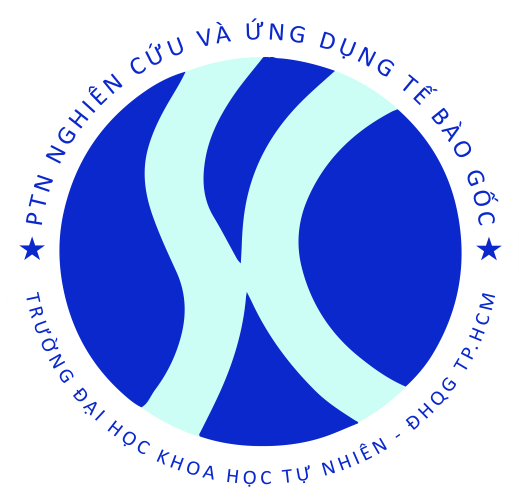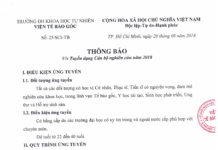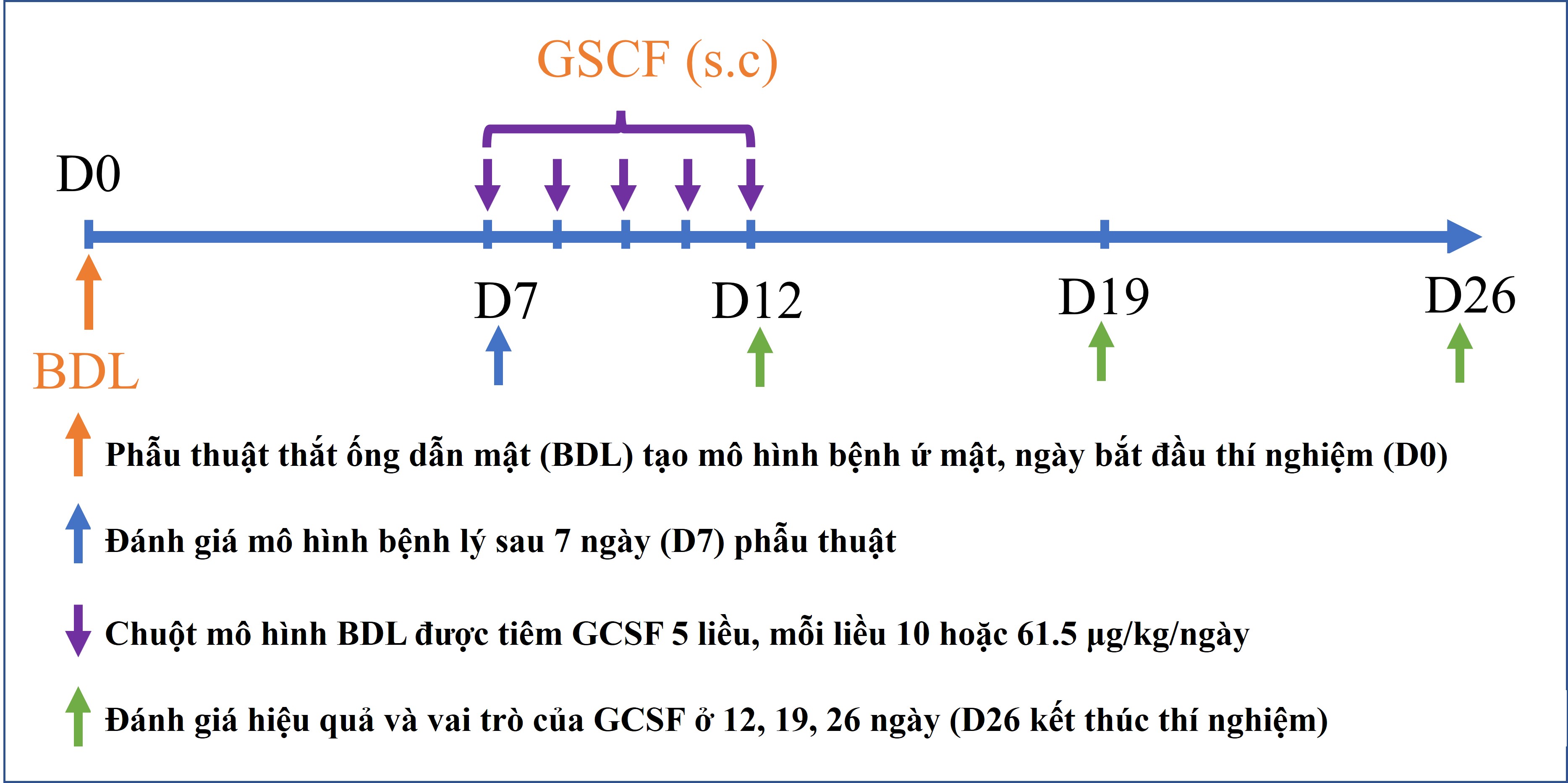Pham Van Phuc, Tran Thi Thanh Khuong, Le Van Dong, Truong Dinh Kiet, Tran Tung Giang and Phan Kim Ngoc (2010). Isolation and characterization of breast cancer stem cells from malignant tumours in Vietnamese women. Journal of Cell and Animal Biology 4(12):163–16.
|
Journal of Cell and Animal Biology Vol. 4(12), pp. 163–169, December 2010
ISSN 1996-0867 ©2010 Academic Journals
|
|
Full Length Research Paper
|
|
Isolation and characterization of breast cancer stem cells from malignant tumours in Vietnamese women
Pham Van Phuc1*, Tran Thi Thanh Khuong1, Le Van Dong2, Truong Dinh Kiet3, Tran Tung Giang4 and Phan Kim Ngoc1
1Laboratory of Stem cell Research and Application, University of Science, VNU-HCM, Vietnam.
2Military Medical University, Ha Noi, Vietnam.
3University of Medicine – Pharmacy, HCM city, Vietnam.
4The University of New South Wales, Sydney, Australia.
*Corresponding author. E-mail: pvphuc@hcmuns.edu.vn, phamvanphuc2308@gmail.com. Tel: (84.8)38397719. Fax: (84.8) 38350096.
Accepted 17 November, 2010
|
|
|
|
Abstract
|
|
|
Cancer stem cells are the origin of tumors and have been isolated successfully from different kinds of tumors. Breast cancer stem cells have been recently identified in breast carcinoma with markers CD44+/CD24-/dim. This population can cause tumor and display stem cell-like properties. However, direct evidences that breast cancer stem cells can be propagated in vitro is still lacking. This research was carried out to isolate and propagate in vitro breast cancer stem cells from tumor biopsy. Breast tumor biopsy was used to isolate breast cancer cells by primary tissue culture. As such, breast cancer stem cells were isolated from breast cancer cells by catcher-tube based cell sorter on flow cytometter machine. These cells were propagated by an in vitro culture in a free serum specific medium. The results showed that the CD44+CD24-/dim cell population that were maintained, were capable of self-renewal and extensive proliferation as clonal non-adherent spherical clusters. Interestingly, cultured cells were CD44+CD24-/dim expressed by the putative stem cell marker Oct-4, resistant with verapamil at 50 µg/ml, and gave rise to new tumors when as few as 1000 cells were injected into the mammary fat pad of immune-deficient mice. This population was a suitable in vitro model to study breast cancer stem cells and develop therapeutic strategies to treat breast cancer.
Key words: Breast cancer, breast tumor, cancer stem cell, CD44+CD24-/dim
|
|




